Facing doubts, scientist submits gene-editing protocols
Updated: 2016-08-11 10:23
By Shan Juan(China Daily)
|
||||||||
Chinese biologist Han Chunyu has provided his experimental data to Nature as requested to help peer researchers replicate his work, but the controversy has not gone away, according to the journal's website.
Meanwhile Han has been working to replicate his own work.
The incident now is evolving into a battle between the widely recognized gene editing tool CRISPR-Cas9 and a potentially better substitute called NgAgo, presented by Han, a geneticist at Hebei University of Science and Technology.
Three months ago, Han reported that the enzyme NgAgo can be used to edit human genes, and an article was published in Nature Biotechnology. However, some researchers said they had been unable to replicate Han's work.
The journal, in response, initiated an investigation and asked Han last week to submit his experimental protocols and original data. The investigation is still underway.
One of the protocols warned that the magnesium level in cells needed to be maintained.
Gaetan Burgio, a geneticist at Australian National University in Canberra, told Nature there was little new in the protocol Han shared.
"That doesn't make any sense tome," he said. Burgio reported on his blog that he had failed to replicate Han's results, which further pushed the controversy into the worldwide spotlight.
A Chinese biology researcher in Beijing who asked for anonymity told China Daily that Han's updating of his protocol is a good start.
"Science and research is hard and takes time. We should allow for more time and patience," the researcher said.
Lluis Montoliu, a geneticist at the Spanish National Centre for Biotechnology in Madrid, previously recommended in an email to colleagues at the International Society for Transgenic Technologies that any project involving the use of NgAgo for gene editing should be abandoned.
It's to "avoid wasting time, money, animals and people", the email said.
The Beijing researcher, however, said efforts to push science ahead should never stop. "It's still too early to give a death sentence to NgAgo," the researcher said.
Han is known for focusing on his research and maintaining a low-key lifestyle. The article about him on Nature's website said he didn't like to travel, and a trip to visit a collaborator in Hangzhou in March was the first time the 42-year-old had ever boarded a plane.
- Nepal's newly elected PM takes oath
- Texas gun law worries incoming students
- China vows to deepen economic, trade cooperation with ASEAN
- Fire guts Emirates jet after hard landing; 1 firefighter dies
- Egypt's Nobel-laureate scientist dies of illness in US
- THAAD muscle flexing unmasks anxiety over declining hegemony
 Phelps writes new page with four wins in same event
Phelps writes new page with four wins in same event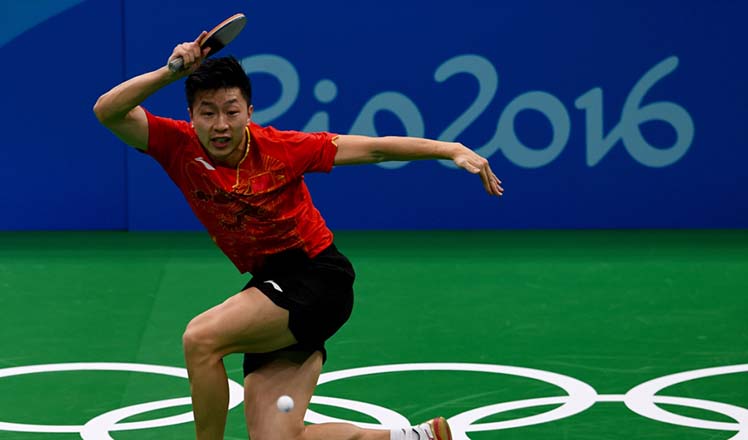
 Ma Long wins Chinese derby to edge defending champion
Ma Long wins Chinese derby to edge defending champion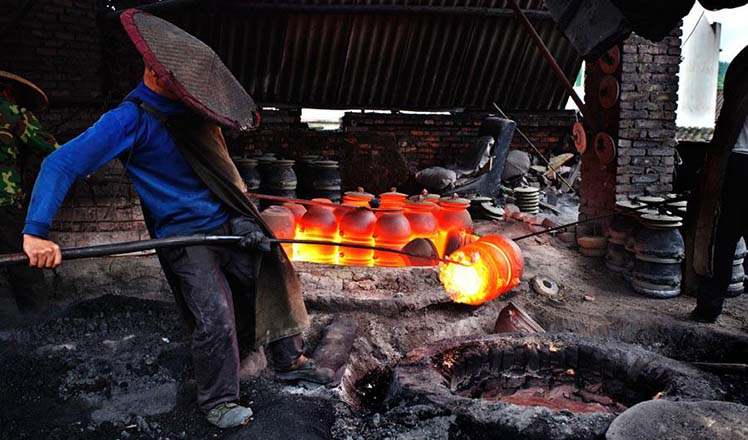
 Yingjing County's hand-crafted 'black pottery'
Yingjing County's hand-crafted 'black pottery'
 Ten photos from around China: Aug 5 – 11
Ten photos from around China: Aug 5 – 11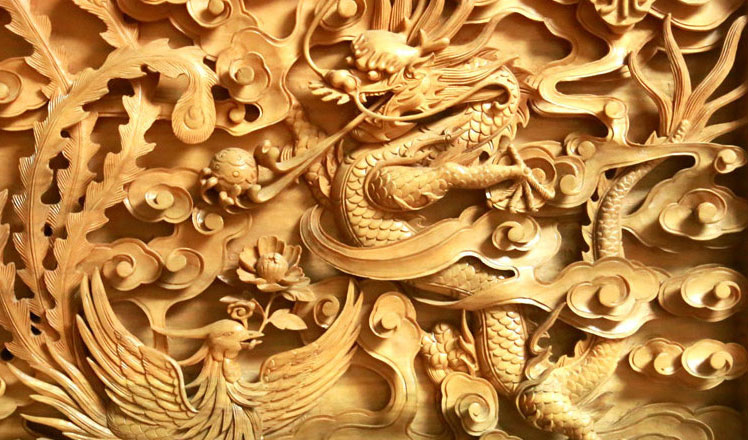
 Inheritor of Songshan wood carving in C China
Inheritor of Songshan wood carving in C China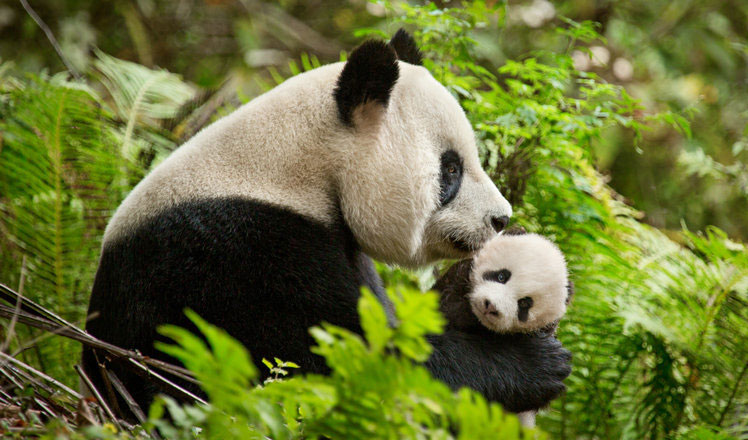
 "Born in China": Wild and fun
"Born in China": Wild and fun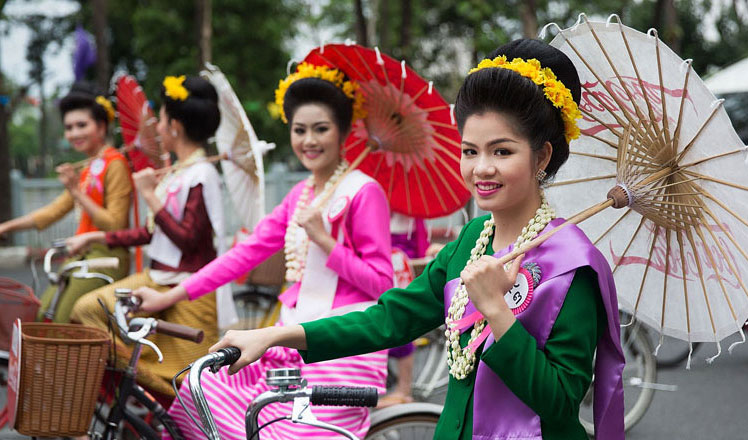
 Top 10 foreign destinations for Chinese tourists
Top 10 foreign destinations for Chinese tourists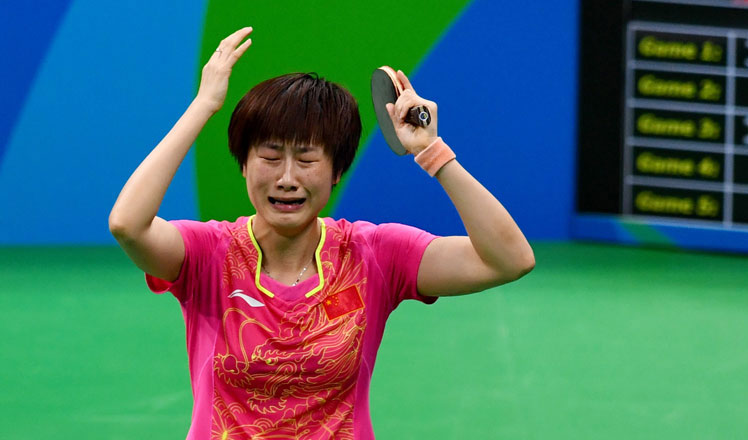
 Ding Ning wins table tennis gold in Rio
Ding Ning wins table tennis gold in Rio
Most Viewed
Editor's Picks

|

|

|

|

|

|
Today's Top News
Phelps puts spotlight on cupping
US launches airstrikes against IS targets in Libya's Sirte
Ministry slams US-Korean THAAD deployment
Two police officers shot at protest in Dallas
Abe's blame game reveals his policies failing to get results
Ending wildlife trafficking must be policy priority in Asia
Effects of supply-side reform take time to be seen
Chinese State Councilor Yang Jiechi to meet Kerry
US Weekly

|

|







